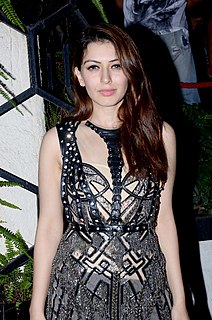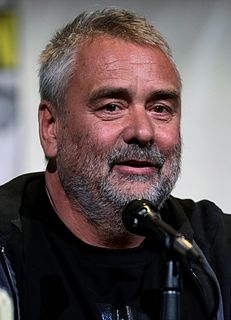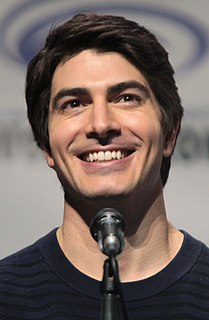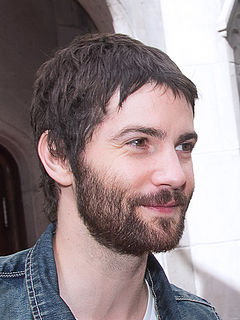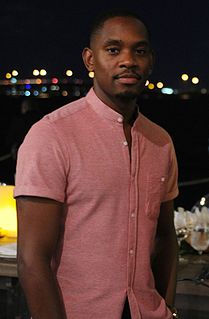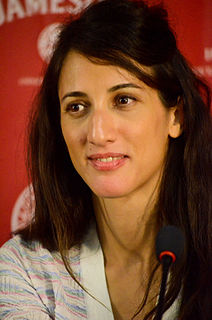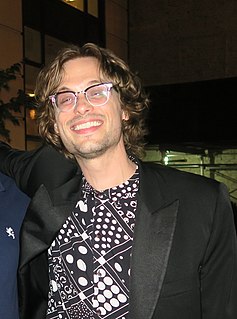A Quote by Sandra Bullock
I'd like to think at some point instead of it being a woman's film or a man's film, it is just a great story, and both sexes can go and get the same enjoyment out of it.
Related Quotes
Normally my process is to sit in a room and read a script and talk about it and ask questions and just create a dialogue. That goes all the way through shooting. All kinds of thoughts and ideas can find their way in there. As long as you're all on - We're just all trying to tell the story so my job as a director is just to find out what this film wants to be based on, it's just words on a page at some point but then it just needs to go to some level of believable storytelling. I'm discovering the film as I make it, to some degree.
Plays are literature: the word, the idea. Film is much more like the form in which we dream - in action and images (Television is furniture). I think a great play can only be a play. It fits the stage better than it fits the screen. Some stories insist on being film, can't be contained on stage. In the end, all writing serves to answer the same question: Why are we alive? And the form the question takes - play, film, novel - is dictated, I suppose, by whether its story is driven by character or place.
I don’t mind if the character is a small character, but I would just like her to have a journey in the film. Sometimes the characters are just there as a prop to further the man’s story. The great directors I’ve talked to, I’ve said listen, I don’t mind playing a woman that is a tiny part, but how does the story affect her? What can I play in the end that’s different from the beginning? Otherwise, it doesn’t make sense, because it’s just like being a prop.
Loving a film is like falling in love with a woman or with a man like you never expect it. It it's not the one you think you will be in love with, you know. You think always that he will be with a beard, and black, and big and finally he's Chinese and you know it's the same thing. There's something very organic about the film and if you forgot it, if you don't have this seed in it...this organic flavor in it the film doesn't work it's wrong.
It's a little hard to avoid putting both war and politics in, in that they both come into the activity, but on their own. My basic idea is to do a great love film set in the hell of 1942. At that moment, hell was Leningrad. Underneath all this, of course, is a film about dissension between the two most important countries in the world, the United States and the Soviet Union. I think it is a must at this point to talk about cooperation instead of the rancor and hatred and competition between nations.
Well I'm Superman, just not action. I'm kind of looking for something with a lot less action and more talking and listening. I also have a film that's premiering Vegas Film Festival, short film, directed by Joel Kelly, it's called Denial and it's a story, short film, 35 mm short film and it's about a man's struggle to choose between the woman of his dreams and his reality, so it's definitely different than Superman. So I'm really proud of that.
I think up to this point, it's been difficult to suggest a world where Batman and Superman and Wonder Woman and others could exist in the same universe. That was one of the things I really wanted to try and get at. Not to mention, the amazing opportunity to bring those characters and have those characters tell an important story, their own story, within the confines of a film.
Any advice I could give to female directors would be the same as for males: There will be endless difficulties, some seemingly defeating, on your way. That's a given. Just wipe out the very notion of stress. Concentrate on your actors. Obsess about your story and the world it is anchored in. Deal with the hundreds of down-to-earth issues [around] the existence of your film. At some point, everything will be ripe. And you wouldn't be able to stop your film from coming to life even if you wanted to.
I don't have the story finished and ready when we start work on a film. I usually don't have the time. So the story develops when I start drawing storyboards. I never know where the story will go but I just keeping working on the film as it develops. It's a dangerous way to make an animation film and I would like it to be different, but unfortunately, that's the way I work and everyone else is kind of forced to subject themselves to it.
Tisch has a great film program and a great acting program, but they are segregated; you don't really intertwine. My peers knew I liked acting, so they'd be like, 'Go get that guy Gubler. He'll be in your student film.' I was in the same building. I became their go-to guy. So I left NYU having been in probably one thousand short films.



